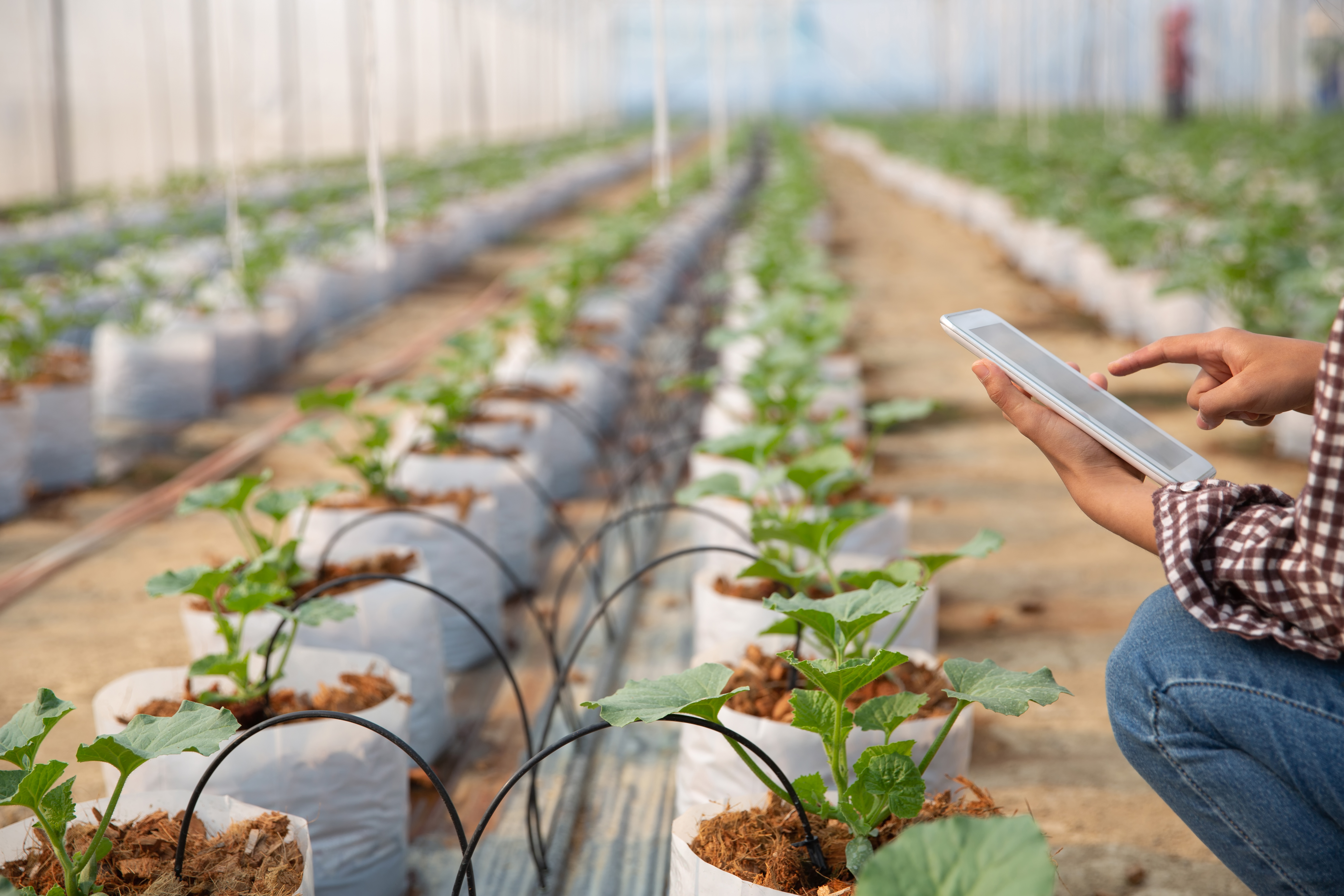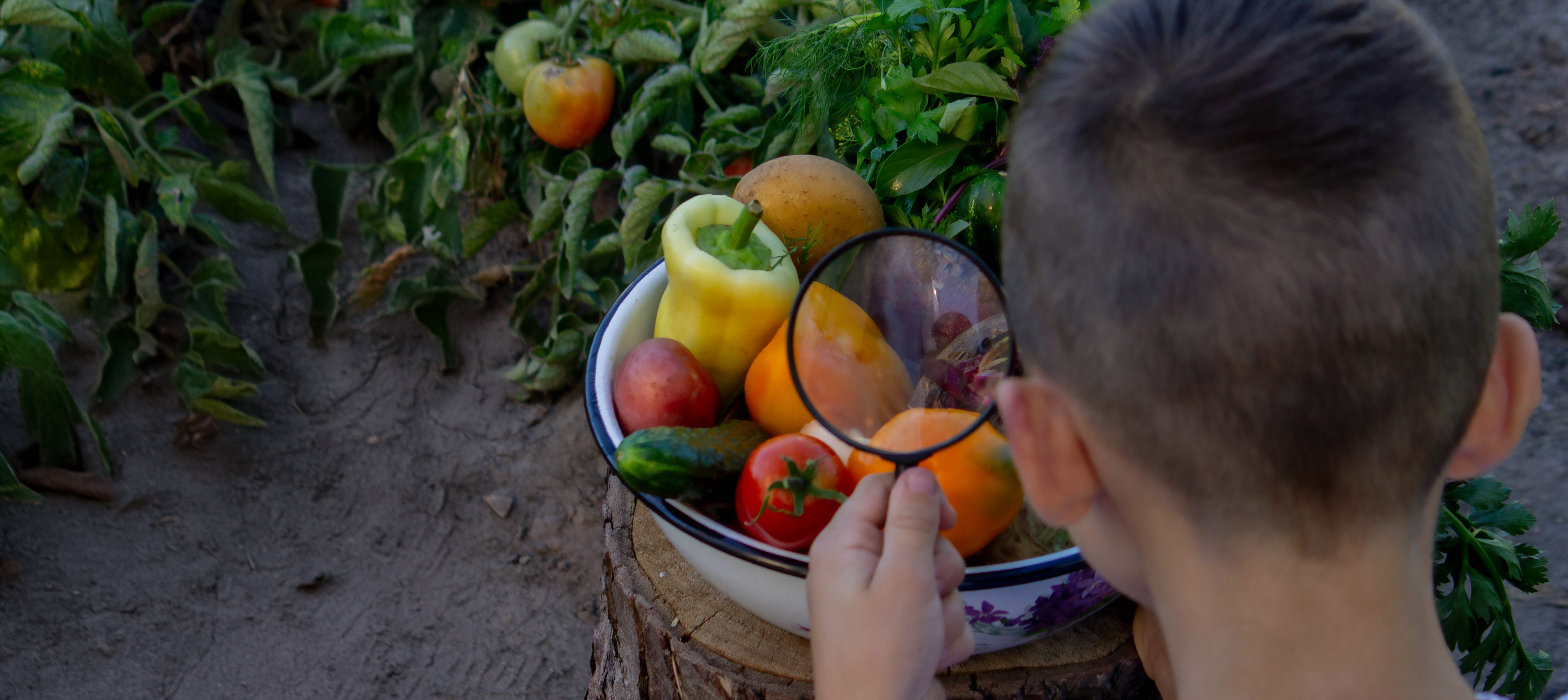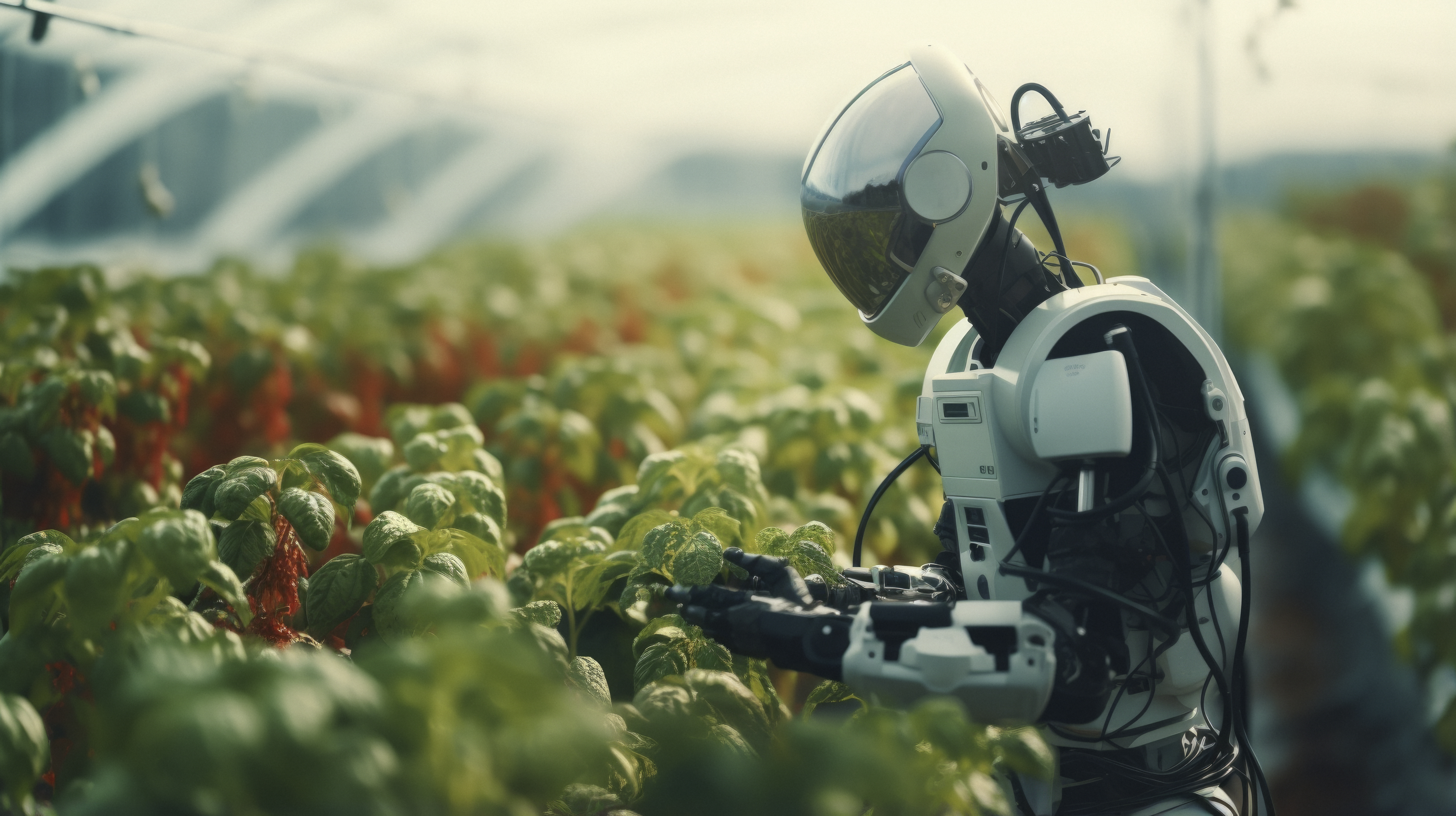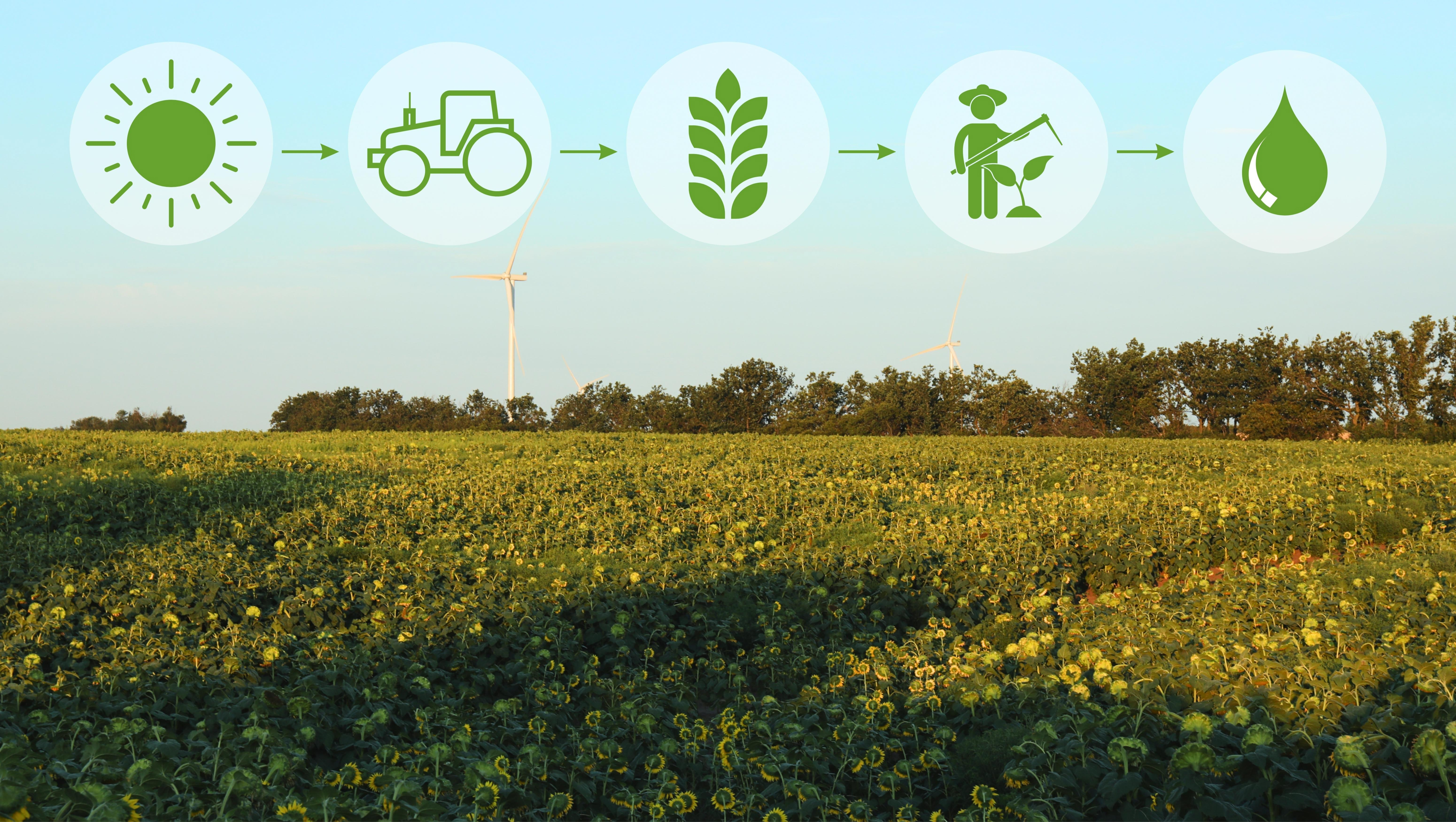Navigating the Future: How AI is Transforming the Agriculture Industry Across the Globe
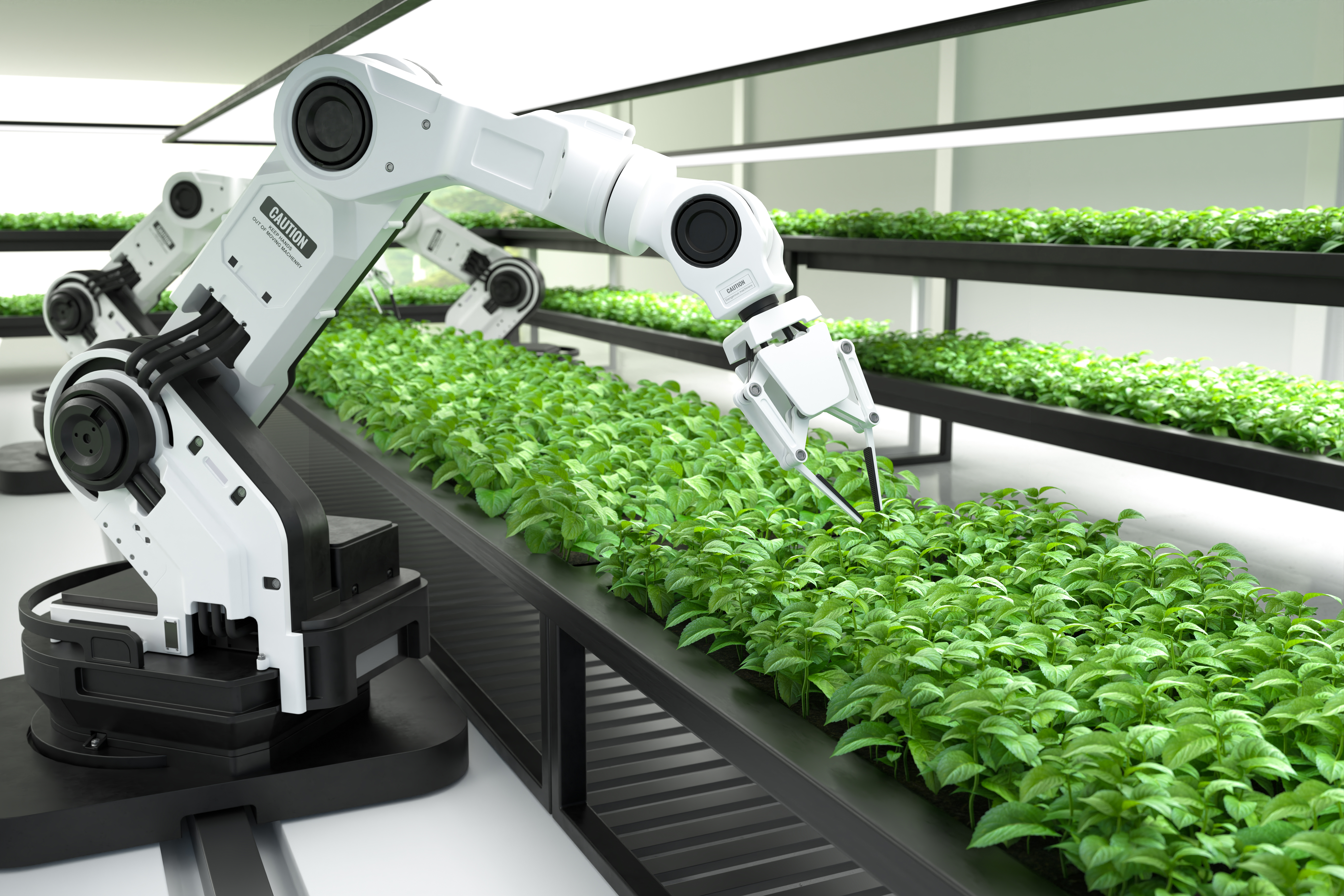
With the advent of artificial intelligence (AI), the agriculture sector is undergoing a radical change as we stand on the precipice of a technological revolution. AI's influence on agriculture is not merely a passing fad; rather, it represents a significant shift that is changing how farmers work, making the most use of their resources, and eventually providing food for everyone. This blog explores the ways artificial intelligence (AI) is transforming agriculture globally and emphasizes its importance in contemporary farming methods.
Precision farming is one of the most important ways AI is transforming agriculture. Farmers have always managed their crops and cattle using broad strategies, which frequently results in excessive use of resources like pesticides, fertilizers, and water. However, AI technology enables a more customized strategy. Farmers may examine crop health, weather trends, and soil conditions with never-before-seen detail by employing data analytics. They may greatly increase productivity and reduce waste by using this information to help them decide when to plant, irrigate, and harvest.
Drones and sensors with AI capabilities, for example, can track crop health in real time and spot problems like pest infestations or nutrient shortages before they get out of hand. This proactive strategy encourages sustainable farming methods in addition to increasing productivity. Farmers may lessen their environmental effect and help create a healthy planet by using resources only when needed.
Automation is a key component of AI in agriculture. Farming has always been difficult due to its labor-intensive nature, particularly in areas where there is a manpower shortage. Robots and AI-powered equipment are filling this need. These technological advancements, which range from drones that can plant seeds to autonomous tractors that can plow fields, are increasing farming's efficiency and decreasing its dependency on physical labor. AI may also optimize these machines' jobs and routes, which will increase productivity and lower operating expenses.
Furthermore, AI is changing the agricultural industry's supply chain. Farmers are better able to decide what to sow and when to sell their produce when AI algorithms analyze market demand and forecast price changes. While guaranteeing that consumers have access to fresh fruit at competitive costs, this data-driven strategy can assist farmers in stabilizing their income. Additionally, by optimizing storage conditions and transit routes, AI can expedite logistics and assist reduce food waste.
AI is also significantly improving the quality and safety of food. To anticipate any problems with food safety, sophisticated algorithms can track and examine data from multiple sources, such as previous crop performance and weather patterns. This proactive approach enables farmers and suppliers to take preventative actions, guaranteeing the safety and quality of the food that reaches consumers. AI can also help with traceability, which is crucial for consumers who are worried about the origins of their food. It can help follow the food's journey from farm to table.
In this transition, education and knowledge exchange are equally crucial. AI platforms are bridging the gap between traditional knowledge and contemporary agricultural techniques by giving farmers access to useful information and tools. Farmers may get real-time insights and customized assistance through internet platforms and mobile applications, enabling them to make well-informed decisions that improve sustainability and productivity.
However, there are obstacles in the way of integrating AI in agriculture. The widespread use of these technologies may be hampered by problems including data privacy, the digital divide, and the need for resources and training in rural areas. Collaboration between governments, tech companies, and agricultural communities is crucial to ensuring that everyone can benefit from AI. We can establish a welcoming atmosphere where all farmers may take advantage of AI by making investments in infrastructure and education.
In conclusion, artificial intelligence is redefining the agricultural industry's future by offering creative answers to its problems and possibilities. AI is transforming the way we raise, distribute, and consume food, from automation and precision farming to improved supply chain management and food safety. Making sure that these developments support accessibility, profitability, and sustainability for farmers everywhere is essential as we traverse this new terrain. A healthier world for coming generations is another benefit of embracing AI's potential in agriculture, in addition to a more effective and productive sector.
